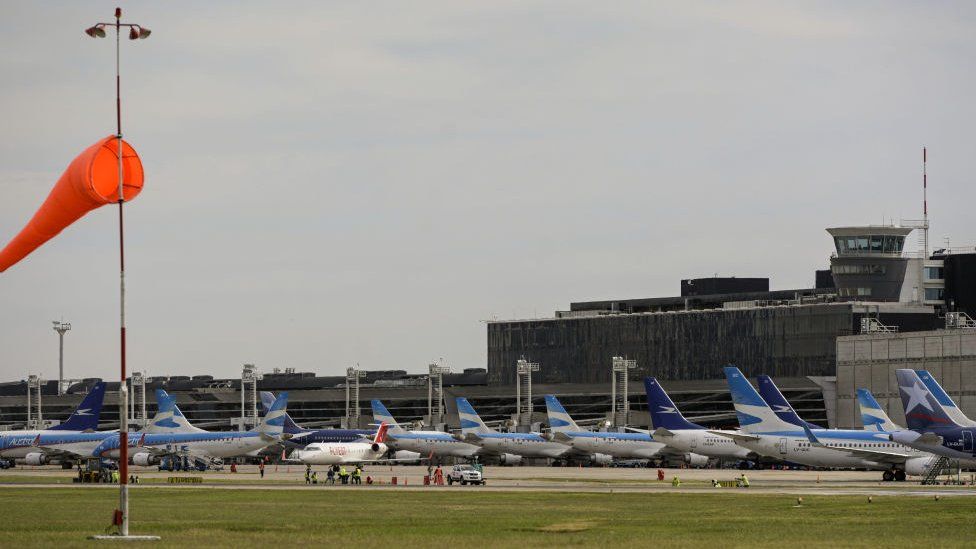Murder, and Other Disasters
ECUADOR

Under the conservative government of President Guillermo Lasso, Ecuador’s economy grew 3.2 percent last year, inflation today is relatively low compared with the region, employers have hired 500,000 people and 750,000 fewer Ecuadorians now live in poverty.
In an interview with the Washington Post, Lasso said massive investments in “health, education, housing, employment and money transfers” to poor families helped drive that success. He admitted, however, that his crackdown on organized crime and drug trafficking has fueled a spike in violence as criminals fight back.
Murders in the South American country with its population of about 18 million increased from less than six per 100,000 people in 2016 to almost 20 last year, a record toll.
Crime is hurting the country’s waxing economic fortunes, too. Organized criminals murdered at least 63 people and injured 1,500 others last year in businesses exporting bananas, shrimp, and cacao, the basic ingredient for chocolate, Reuters reported, citing the Corporation of Ecuadorean Exporter Associations.
In an effort to defeat the criminals and keep the economy humming, Lasso is supporting a series of referendum questions that includes giving the military permission to work with police hunting down drug lords and extraditing Ecuadoran citizens accused of drug running to foreign countries (like the United States), reported the Courthouse News Service. The ballot is scheduled for Feb. 5.
Many Ecuadorans, including those leery about deploying soldiers on city streets as well as “Indigenous people, teachers and students” who have run afoul of the law during anti-government and other protests, have come out against Lasso’s referendum proposals, wrote Prensa Latina, a Cuban state-owned media outlet.
But Lasso, who is also seeking to boost Ecuador’s oil drilling to improve the economy, appears to have at least sought to satisfy some of his critics. The referendum questions offer environmentalists a new water protection system as well as conservation incentives, for example.
The eastern Amazonian regions where oil drillers are active also happen to be among the most biodiverse in the world, explained Mongabay. Locals there have long fought against oil and mining companies they say pollute land that is among the most untouched by modern society in the world.
Two Indigenous communities in Yasuní National Park, on the border with Peru, “reject contact with Western society, and live in what’s called voluntary isolation,” wrote the New York Times. These Tagaeri and Taromenane Indigenous groups survive in the jungle using spears, blow darts and knowledge that’s been passed down for generations.
Ecuador has long sought to balance the economic needs of its cities with the environmental protection of its remote east, Amazon Watch noted.
Lasso has to figure out how to solve his crime problem without triggering a worse disaster.



